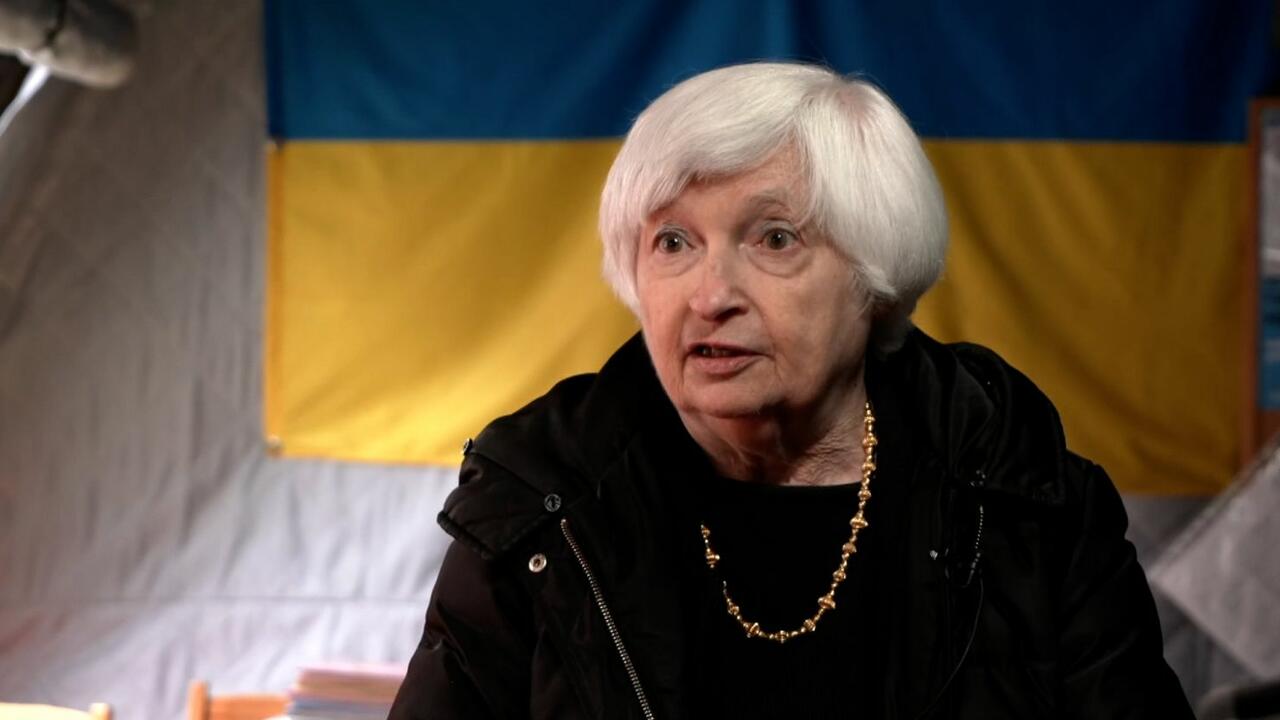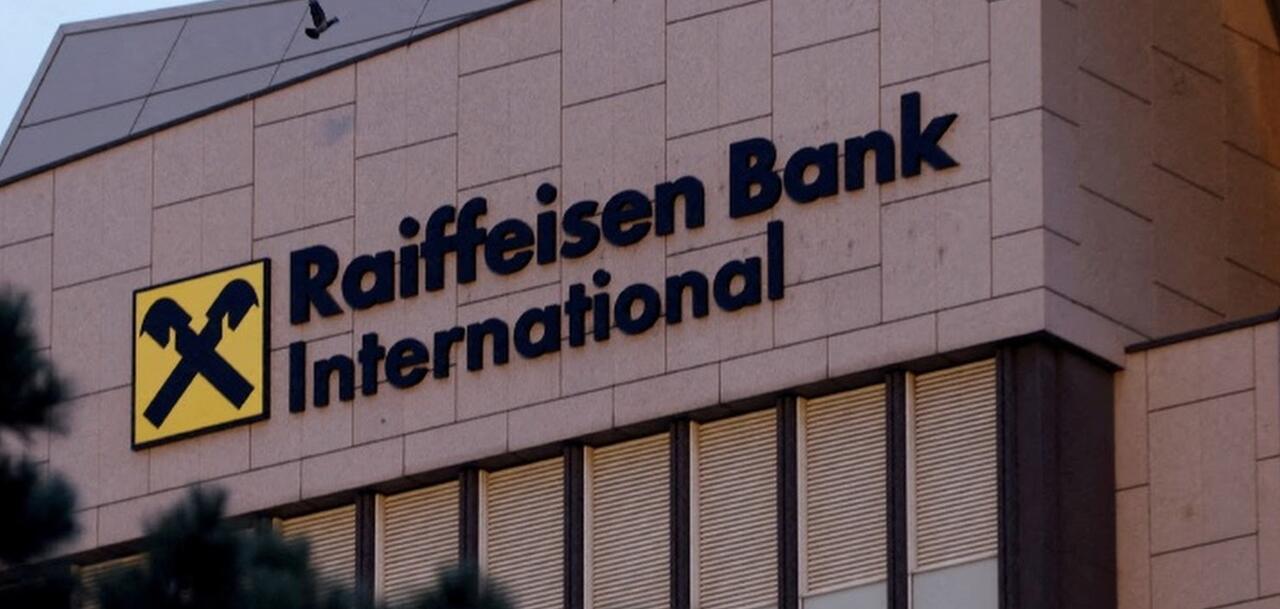Remember when Central Banks were supposed to be focused on monetary policies and be politically neutral?
What a joke! Now that we see the full weaponization of finance, no wonder why the BRICS are in a rush to create their alternative financial system.
We are now approaching the end of the Bretton Woods and World Bank systems built after the second World War. But instead of implementing a more open system inclusive of the new economic giants, the US is accelerating the demise of what they painstakingly built over almost a century. The crash is fast approaching but unfortunately so is the risk of a world conflagration.
Yellen Threatens German Banks With Sanctions; EU Approves Using Russian Asset Profits For Ukraine's Defense
In a rare moment of tensions among allies, US Treasury Secretary Janet Yellen is demanding that German bank executives get serious about complying with anti-Russia sanctions, warning further that German banks could find themselves under sanctions.
She warned them of secondary sanctions meant to thwart deals with Russian entities in a meeting among bank leaders in Frankfurt. "Russia continues to procure sensitive goods and to expand its ability to domestically manufacture these goods. We must remain vigilant and be more ambitious," Yellen said. "I urge all institutions here to take heightened compliance measures and to increase your focus on Russian evasion attempts."
According to Reuters, "In an unusually direct warning, she told the executives to police sanctions compliance among their banks' foreign branches and subsidiaries and reach out to foreign correspondent banking customers to do the same, especially in high-risk jurisdictions."
"Russia is desperate to obtain critical goods from advanced economies like Germany and the United States," Yellen continued. "We must remain vigilant to prevent the Kremlin’s ability to supply its defense industrial base, and to access our financial systems to do so."
Washington's pressure campaign to force out Russian interests from Europe appears to be bearing fruit:
Earlier this month, Raiffeisen Bank International (RBI) dropped a bid for a 1.5 billion euro ($1.6 billion) industrial stake linked to Russian tycoon Oleg Deripaska after intense U.S. pressure.
The deal's collapse was a fresh setback for the lender, which faces criticism for its ties to Moscow more than two years since Russia's invasion of Ukraine. The pressure also underscored Washington's willingness to take European banks to task over their Russia ties.
A spokesman later said, "RBI will continue to work towards the de-consolidation of its Russian subsidiary."
Meanwhile the European Union has finally approved a US-backed plan to use seized Russian assets to generate profits which will in turn help arm Ukraine.
Associated Press reports that "The 27-nation EU is holding around 210 billion euros ($225 billion) in Russian central bank assets, most of it frozen in Belgium, in retaliation for Moscow’s war against Ukraine. It estimates that the interest on that money could provide around 3 billion euros ($3.3 billion) each year." A first tranche of funds could be available as early as July.
Starting in February, US Treasury Secretary Janet Yellen began getting more vocal on the "moral case" for using Russian assets to aid Ukraine, telling allies they must find a way to "unlock the value" of the hundreds of billions in immobilized Russian assets, also with an eye towards Ukraine's post-war reconstruction.
Previously some Ukrainian officials floated the idea of "reparation bonds" backed by future claims for war damages against Moscow, and utilizing frozen Russian assets. These initiatives have gained steam under US leadership. Most of the $300 billion in frozen Russian assets are held in Europe - particularly France, Germany, and Belgium.



No comments:
Post a Comment